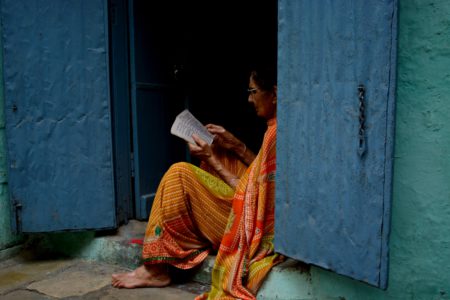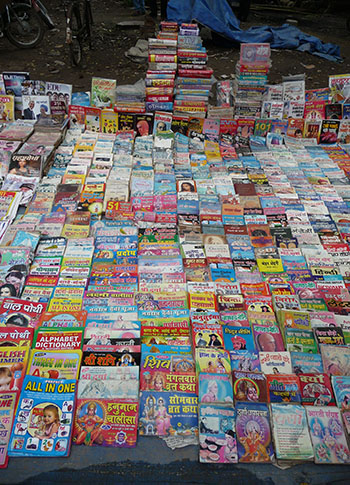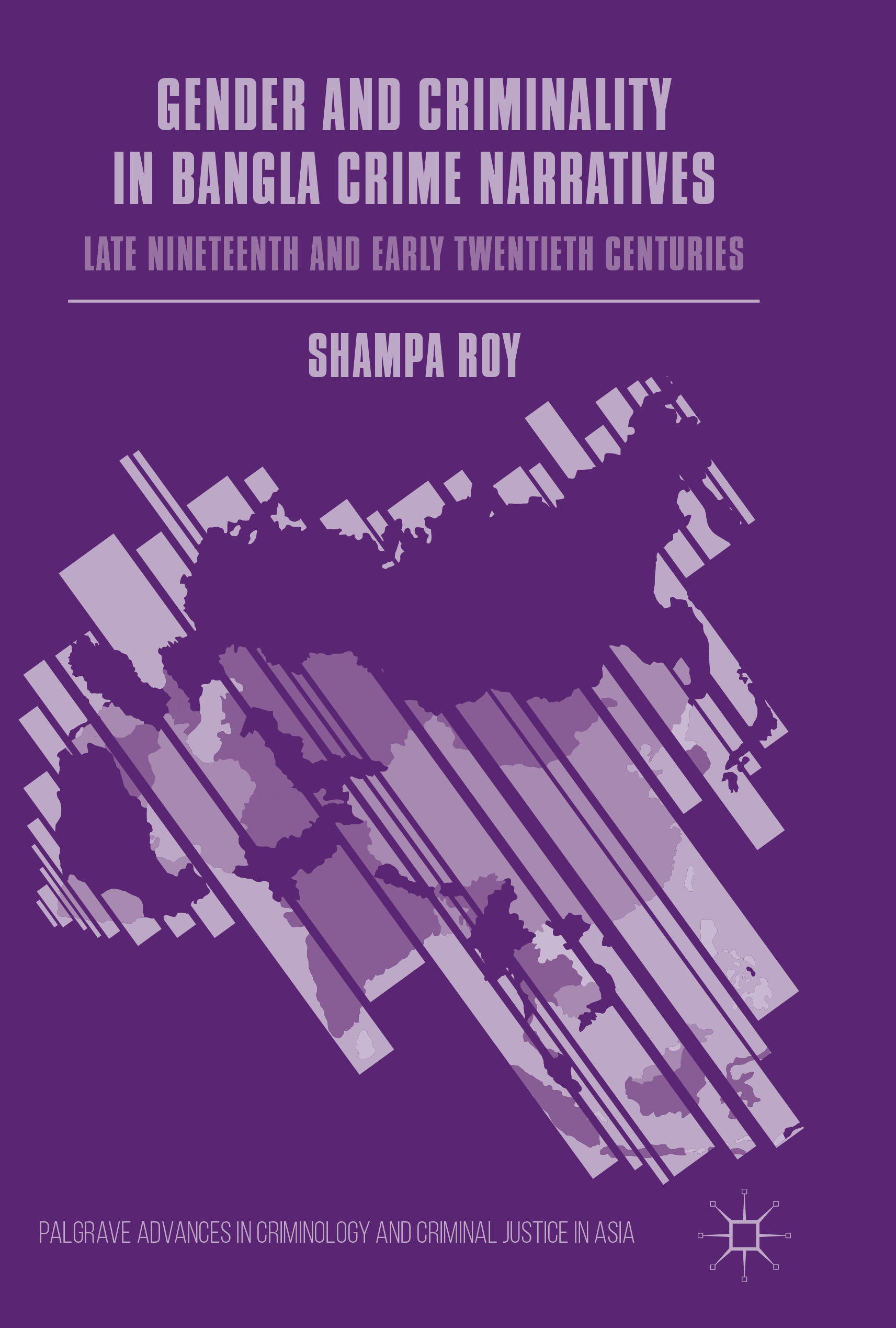Decolonisation
Decolonisation in the late 1940s and 1950s coincided with the Cold War and mapped competing internationalisms that connected writers and activists in Asia and Africa with each other and with either the Eastern or Western bloc. India, a leading Non-Aligned nation and the first to recognize Communist China, and then Egypt played pivotal roles in these international networks, which ran through associations, writers’ conferences, and journals, where a wider range of Asian and African literature acquired visibility and where translations were published. The main genres in this period were the short story, modernist poetry, though theatre and the novel, including the village novel, were also significant. While postcolonial states tried, with greater or lesser success, to establish single national languages, intellectuals grappled with multilingualism, whether as the relationship between Arabic and French, or between Amharic and Oromo and other regional languages in Ethiopia, or between Hindi, Urdu, other Indian languages and English.
Postcolonial Print Cultures Conference: Tambimuttu and Sivanandan: Cold-War America and International Socialism.
Tambimuttu and Sivanandan: Cold-War America and International Socialism
Postcolonial Print Cultures Conference Report
The Postcolonial Print Cultures Conference was convened at SOAS University of London on the 11-12th January 2019. The methodological conditions behind the conference are to consider the historical moment of the Cold War in ways other than by splitting the world into two spheres.
Postcolonial Print Cultures Conference: “How do we stop being somebody else’s image?”
Laetitia Zecchini discusses the politics of literary translation and publication, particularly surrounding the journal Quest funded by the International Council for Cultural Freedom, itself backed by the CIA. She examined the editor Nissim Ezekiel’s own positions and motivations, noting that for him Quest’s purpose was the create the conditions in which the magazine would provide the freedom to debate, argue, and hold different theoretical positions, creating a space of cultural independence which could in turn realise political independence.
Postcolonial Print Cultures Conference: Hindi literary activism in the 1950s
Professor Francesca Orsini (SOAS), examines the production and re-production of short stories in Hindi literary magazines in the 1950s, offering a case study of the Hindi magazine Kahani (Short Story, 1954). She argues that world literature can only be envisioned and produced through local views, rather than under one overarching banner of what constitutes “world literature.” Her talk highlights the medium of the magazine as a site of non-state literary activism that placed readers and young writers at the center, the preference for the story as opposed to the novel, and the multilingual knowledge that animated reading practices, even when publication occurred in a single language (Hindi).
Gender and Criminality in Bangla Crime Narratives: Late Nineteenth and early Twentieth Centuries
Gender and Criminality in Bangla Crime Narratives: Late Nineteenth and early Twentieth Centuries examines Bangla writings related to crime in the late 19th and early 20th century Bengal in terms of gender.
MULOSIGE Syllabus: ‘Reading together’ Literary Texts in Multilingual Contexts
This course attempts to break down common reading practices from three multilingual contexts: Morocco, North India and the Horn of Africa.







